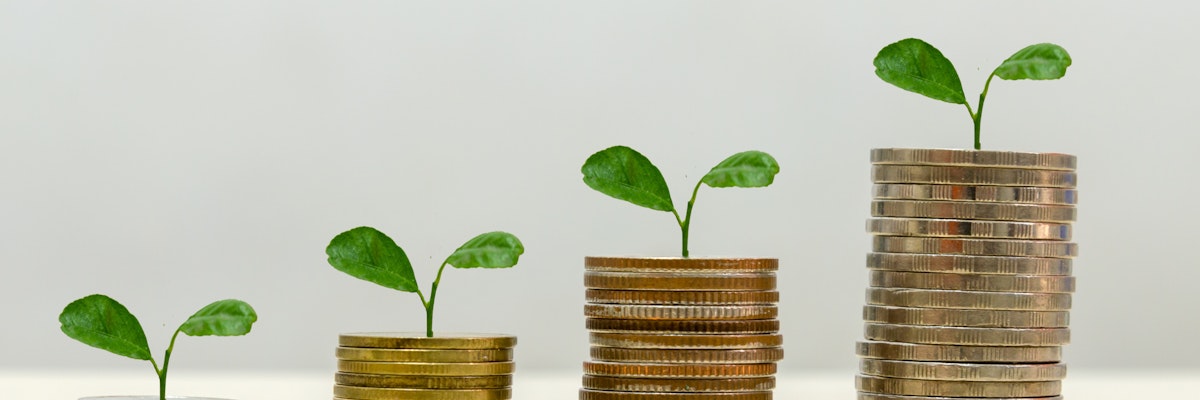
An interview with Jennifer Cantero, Director of Marketing and Sustainability, Sensiba San Filippo LLP (Morison Global's member in San Francisco).
Jennifer, could you please explain, in your view, the context of sustainability and business?
When many people think of sustainability, they think of the environment and pollution. Sustainability has evolved and currently has a much broader definition that also includes economic and societal concerns. Several Environmental, Social and Corporate Governance (ESG) frameworks measure more than traditional financial reporting. Leveraging these frameworks can give a more transparent look into a company’s health, which provides insights into future returns and risk.
The turn towards corporate social responsibility may have started as a moral one. However, the economic arguments are starting to speak louder, and accounting firms are uniquely positioned to support this growing interest.
Surprisingly in 2019, the Business Roundtable came out with a revised ethos stating the purpose of a corporation was to promote a commitment to all stakeholders (customers, employees, suppliers, communities, environment, and shareholders). Business isn’t looking like ‘business as usual.’ Sustainability is positioning to be the next big disruptor and the future of business.
Earlier this year, the Governance & Accountability Institute shared that sustainability reporting and disclosure activities for the S&P 500 was at an all-time high of 90 percent. These reports look at everything from risk management to internal controls. Sustainability reporting exists to reflect the intangible value that has been traditionally missing from book values and financial reporting for enterprise valuations for buyers and investors.
Business isn't looking like 'business as usual.' Sustainability is positioning to be the next big disruptor and the future of business.
Why are accounting firms uniquely placed to work on sustainability issues?
Accounting firms are uniquely positioned to support this growing interest. As trusted advisors, firms are established to offer assurance and transparency in this process. Auditing processes, calculating data, and analyzing gaps is part of our core skillset.
Measuring a business’s health and success by one variable may make things easy, but it does not reflect an organization’s actual health or ability to continue to generate earnings in an inevitably changing market. The tides are turning from shareholder value to stakeholder value. Not just operating a business on the triple bottom line, but the quadruple bottom line of people, planet, purpose, and profit.
If my clients are SMEs and not listed entities, is this still an issue for me?
Absolutely. We regularly work with firms who want to proactively assess and certify their commitment to transparency and sustainability. In fact, we have created a new service line to do so and it is growing very fast. From a compliance point of view, Europe has already taken the first steps in discussing non-financial reporting with this market. It will come and it would be good for Morison Global members to be ahead of the curve.
How can accounting firms adapt and respond to this area?
When thinking about new service lines and consulting practices, it is good to think outside the box. Academics and corporate executives alike are seeing a critical link that exists between sustainability performance and financial performance. Accounting firms that can station themselves at that intersection will be poised and ready. It’s an exciting and vital new area to explore.
A leader in the US accounting profession claimed that ‘this is a huge opportunity for the profession, it is ours to lose if we don’t engage’, what are your views?
The compliance services that the accounting profession has historically relied on to turn a profit is becoming more commoditized and suffering from lower margins. Many see the writing on the wall and that the future of accounting is consulting. To that end, firms have started building out consulting services and seeking out ways to serve clients in nonfinancial compliance means.
Sustainability frameworks also assist firms in gaining a deeper understanding of their clients and how to serve them. You get a holistic view of a company’s operating structure that is more encompassing than that of a typical audit.
Besides having the skill set and level of trust to provide these services, accounting firms can significantly benefit from adopting sustainability practices themselves. It stands to be a valuable differentiator in a rapidly emerging area.

Sensiba San Filippo is Morison Global’s member firm in San Francisco. As well as providing the core services of accounting audit and tax, Sensiba have set up a ‘Center for Sustainability’. Their mission is to help companies move to a purpose-driven, sustainable business model that includes social and environmental performance, accountability, and transparency.
Related news
-
18 September 2025
Member Spotlight - Morison LC, Malaysia
-
21 August 2025
Member Spotlight - HHP, Austria
-
19 June 2025
Member Spotlight - Alkhuzam & Co., Kuwait

